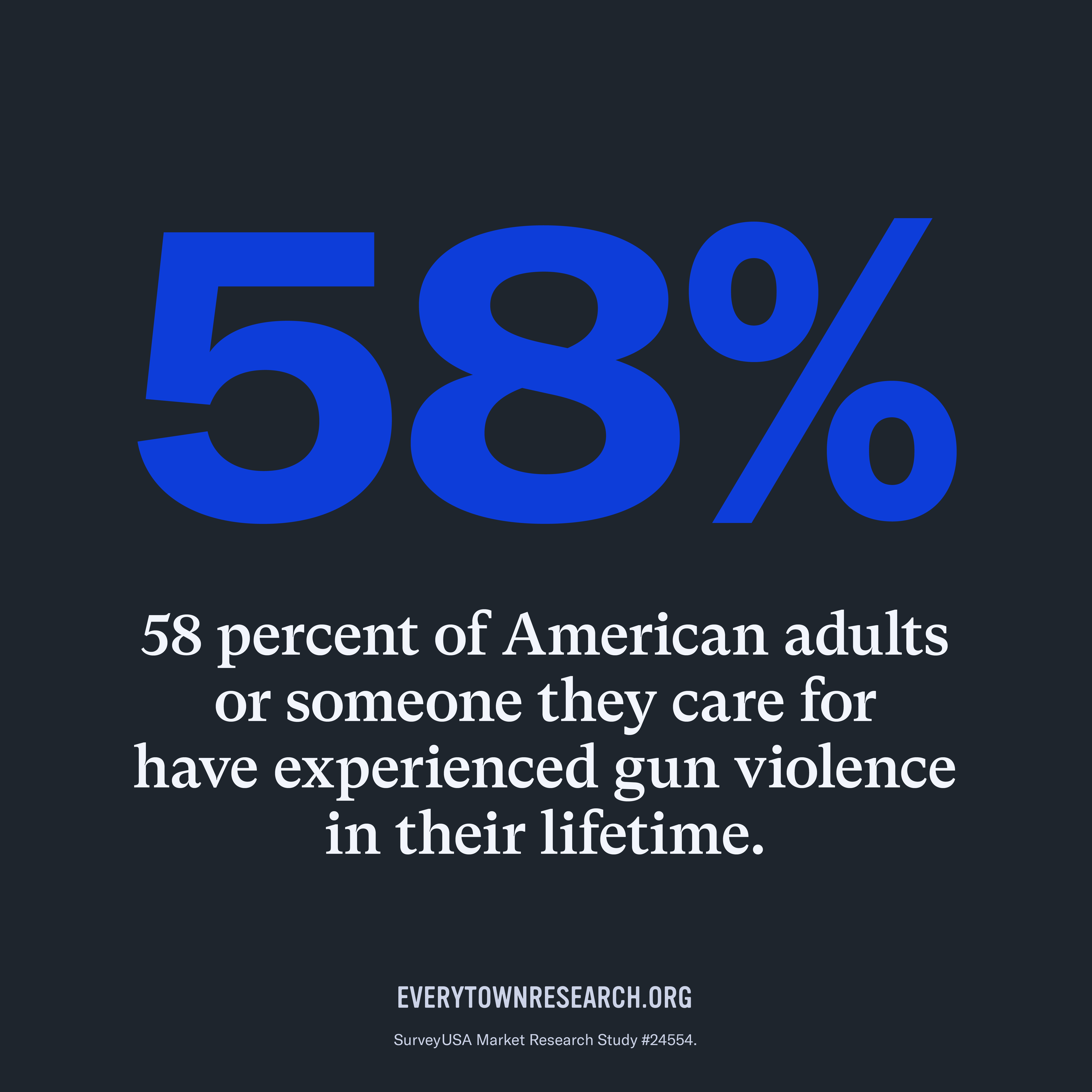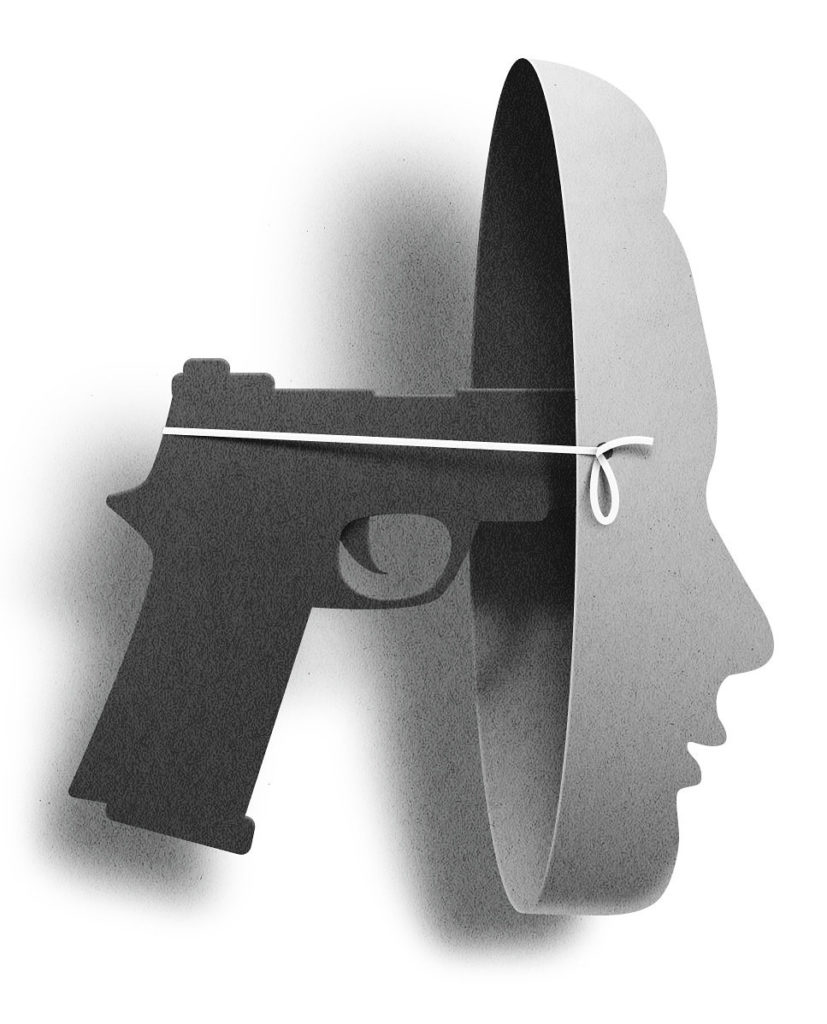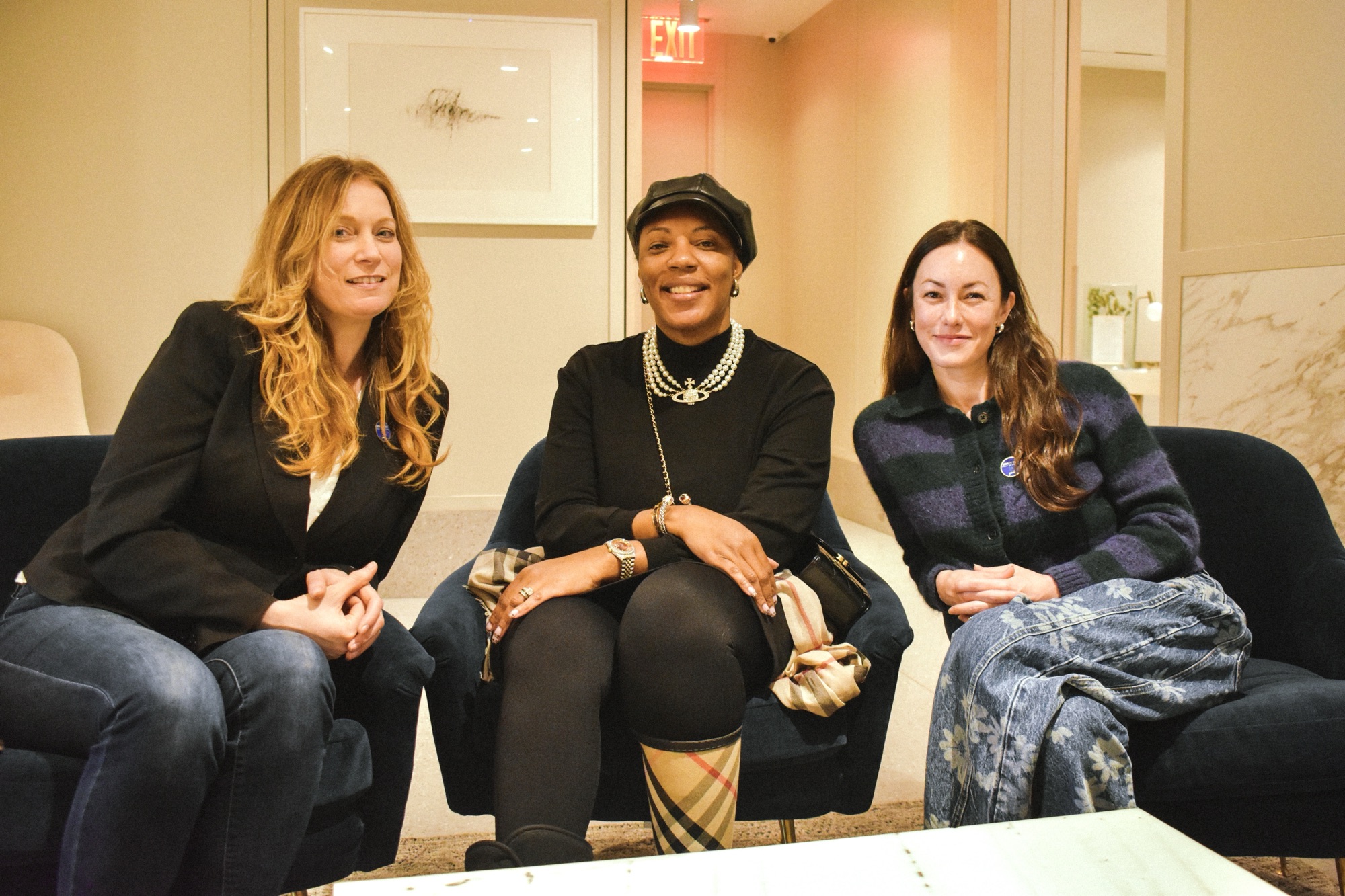Photo courtesy of The New York Times.
Trigger warning: Death, mass shootings, gun violence, trauma
Mental Health — we all have it, and now we should all strive to be more open and vulnerable about it.
TheraPieces* is a Slice of Culture monthly column by Mendez, a graduate student pursuing her Master of Social Work degree in clinical/medical social work.
As we all know, the pandemic of mental health crises are at an all time high.
This — as well as the unfortunate and destructive tragedies of the reoccurring news of mass shootings — has also been a huge discrepancy to the world’s current state of conditions, such as the elementary school shooting in Uvalde, Texas and the Tulsa Hospital shooting in Tulsa, Oklahoma.
In total, America has had approximately 250 mass shootings in 2022 to date thus far.
The discussion of death, gun violence, and mass shootings in America are all events that can cause a lot of trauma and high levels of stress, anxiety and depression to those who are affected by these tragic circumstances.
Just listening to the news of another attack of gun violence is a huge toll on our mental health — just fearing to hear of the next unknown tragedy.
We may not realize it at the moment, but we may not always truly consider how deeply our mental health becomes affected by this.
The news itself portrays mostly negative media to mainstream televised and satellite programming. We are most likely to become emotionally numb to hearing these violent tragedies because of how often we see and hear of them, and then we may try our best to go about our day regularly.
Studies have also shown that listening to recurring negative news events after the other can increase and form acute stress.
If we put a highly sensitive and stressful emotion and feelings in the back of our minds, it will eventually catch up to us and may become worse in the long run.
The toll of these events don’t just affect our mental health conditions, but also contributes throughout our communities as well.
While it is important to continue educating ourselves on how we can spread awareness of promoting the safety of passing strict and regulated gun laws policies — as well as making it more difficult to obtaining a gun for individuals 21 years old and older — we must understand the importance of treating our mental health when exposed to these, whether it be second-hand or first-hand experiences.

Compared to different individuals, some who may experience this may have or develop some risk factors of stress, anxiety and PTSD, but these lasting symptoms may decrease overtime.
However, due to the way an individual’s experience has affected them — regarding how harshly it has been — could potentially heighten their PTSD even more, without the proper treatment and/or professional medical help.
Those who may be suffering from PTSD due to these events may struggle with repeated nightmares, lack of sleep, being easily startled and develop numbing emotional feelings.
Overall, those who may not do well in the increased events and hearings of gun violence, mass shootings and police brutalities can have long lasting effects on not only our mental health condition but also our overall functionality of living.
We must remember to keep in mind of our mental health during this time, and to check in with one another as we face multiple pandemics at once between gun violence, mental health, and the COVID-19 virus.
We must keep in our thoughts those families and friends who are gravely affected by the loss of their loved ones.
Please seek help if you or someone you know are affected or struggling through difficult times related to gun violence and mass shootings.
Resources for victims and survivors of gun violence can be found here.
If you want a specific topic related to mental health covered, Daniella Mendez may be reached at dm3728@columbia.edu.



 Get your slice of culture from NJ
Get your slice of culture from NJ Hudson County born & raised
Hudson County born & raised The Locals + The Culture
The Locals + The Culture “Best Grassroots Journalism” @njspj + @njcivicinfo grantee
“Best Grassroots Journalism” @njspj + @njcivicinfo grantee



 We stopped by Excel
We stopped by Excel










 E
E
















